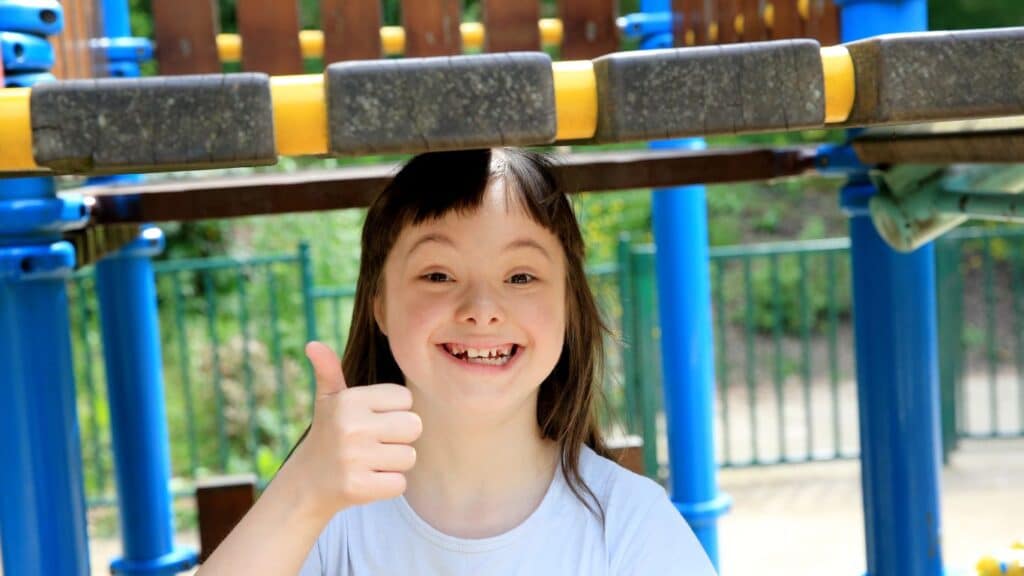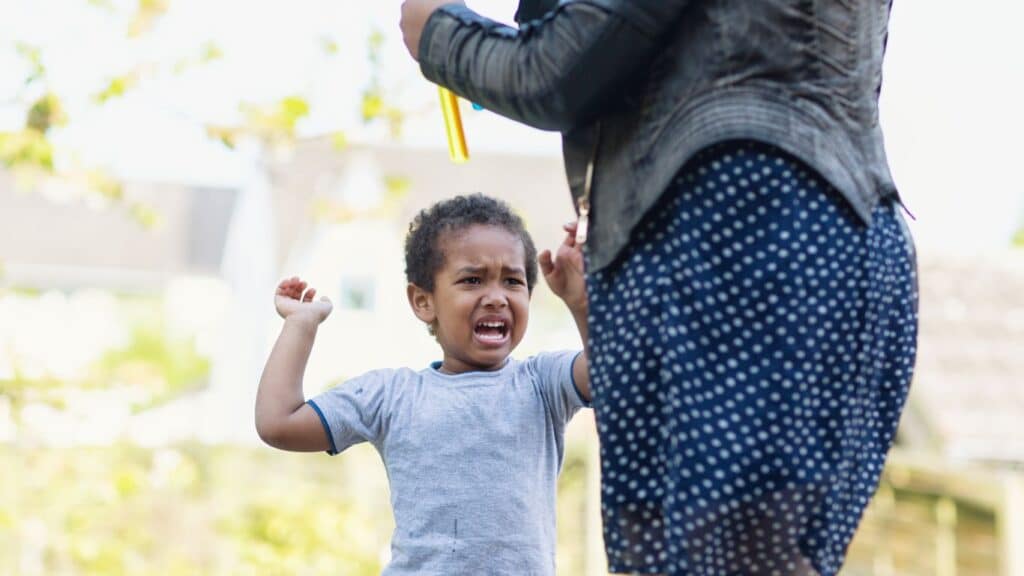In BC there are a host of services to help diagnose special needs and offer support to families. This guide explains where BC families can go to get help and what to do if it isn’t forthcoming.
Infants 0 – 6
Infant Development Program (IDP)
This program is available free of charge across BC. It supports families with children from birth to three years old who are at risk for, or are experiencing, developmental delays. Children and families can be referred to this program by their public health nurse or physician. Families may also connect with a local service provider to find out if they are eligible. IDP services may include home visits to encourage new activities for the child and to support parents; developmental assessments; ongoing physiotherapy as necessary; assistance in transitioning to or referring to another program or agency; resource lending; and service coordination if desired.
Aboriginal Infant Development
The Aboriginal Infant Development Program (AIDP) provides culturally relevant supports and services to families of children up to age three who have, or are at risk, of developmental delays. Find the service near you at Aboriginal Infant Development Programs.
Local health units
Local health units are for all new parents. They are great places to meet other parents, to have your child’s immunizations done, and access other medical and community services for children and families. You can find your health authority by community name here.
Early Intervention Therapy Services
This program provides community-based physiotherapy, occupational therapy, speech-language pathology, and family support worker services for eligible children and families in BC. Services include screening, assessment, intervention, consultation, education and training to parents and community members, and service coordination. To learn more about services in your area, consult your public health nurse, physician, or local Ministry of Children and Family Development (MCFD) office.
Autism programs
The Government of BC offers annual funding to support children diagnosed with Autism, with amounts varying based on the child’s age. For children under six years old, families can receive up to $22,000 per year to cover eligible services, therapies, or equipment. For children aged six to 18, the funding is up to $6,000 per year, intended for out-of-school autism services and therapies. Eligible expenses include services from professionals such as behaviour consultants, speech-language pathologists, occupational therapists, and physical therapists. For more information, visit the official Autism funding page.
Children & youth 6 – 19
In addition to special education services provided through school districts, the MCFD and Community Living BC provides child services that help families of children with special needs.
At-home program
This program is intended to assist parents with some of the extraordinary costs of caring for a child with severe disabilities. The program provides assistance to families in two main areas: respite benefits allow parents to choose appropriate care options for their child and family; medical benefits provide a range of medical supplies and services. For more information, visit the official At Home Program page.
Community Brain Injury Program for Children and Youth (CBIPCY)
The CBIPCY offered through the BC Centre for Ability, provides short-term, home, and community-based rehabilitation for children and youth up to 19 years old who have experienced an acquired brain injury within the past 12 months. Services include physiotherapy, occupational therapy, speech-language pathology, and service coordination to support reintegration into home, school, and community settings. To learn more, visit the CBIPCY page.
Child and Youth Mental Health Programs
The MCFD has a Child and Youth Mental Health (CYMH) program. It provides free and confidential mental health assessments and treatments for children and youth up to 18 years old. These services are available across numerous clinics throughout BC. To find a clinic near you and learn more about the support available, visit the CYMH page.
Supported Child Development
The Supported Child Development Program (SCDP) at the BC Centre for Ability assists families of children with extra support needs to access child care that meets family needs. The program is intended to serve children from birth to 12, with services for youth 13 – 19 years available in some communities. Visit the BC Centre for Ability website for more information.
Help for children and youth with FASD
Two services are available across BC to assist families of children and youth with FASD and similar conditions.
- Key workers can help families to understand FASD by providing education and information specific to the needs of the child, and connecting them to parent support services in the community.
- Parent support includes mentoring, support groups, and FASD training for parents and grandparents.
For information on services in your region, please contact your public health unit or health authority.
You can also download our free guide All about FASD: A guide for adoptive and permanency families, which covers topics such as FASD 101, seeking an FASD diagnosis, advocating for your child, true stories from adoptees living with FASD, and more!
Post-Adoption Assistance Program
To receive Post-Adoption Assistance (PAA), you must have adopted a child from the MCFD and the child must have a designated special service or special placement need. If you adopt a group of siblings at the same time, you should be eligible for some PAA. An income test is used to determine if you are eligible. PAA payments are not considered income for tax purposes.
The program has two components:
Specific services funding helps families purchase services such as counselling, specialized training, respite care, special needs child care, and more.
Maintenance funding provides direct financial assistance to families to help cover additional costs associated with caring for a child with special needs.
Disability Tax Credit (DTC)
A tax-free benefit is available for low and modest income families who care for a child under age 18 with a severe and prolonged mental or physical impairment. Forms and information are available here or by phone at 1-800-387-1193.
Advocating for your child
Know your rights
Familiarize yourself with your rights and the rights of your child to receive services. Call non-profit agencies for help with this. They can be a great help and have often assisted thousands of people in the same way. Assume that the officials you meet are there to help, and treat them respectfully.
Prepare
When dealing with education or government services, always prepare a list of questions before a meeting and keep careful notes of what has been said. Put all your requests in writing and ask for a written response by a certain date. Leave emotion out of your letters—stick to the facts.
Meetings
At meetings keep calm, bring all relevant documentation about your child and previous meetings or phone calls. Ask a friend or family member to come with you for support. Don’t accept “no” for an answer—be prepared to negotiate and, if you need it, ask for time before making any decisions.
Not satisfied?
If you need to, go up the chain of command. Find a non-profit organization that has experience in the sort of issue that you are facing and request assistance.
If you are still having trouble receiving help try contacting the following people:
- Inquiry BC. Lots of resources and contacts which can connect you to any government office for free, 604-660-2421
- Call your MLA, he or she will have access to more contacts, or may do some investigation or advocacy on your behalf.
- The Representative for Children and Youth provides advocacy services to ensure that the voice and views of young people are heard and that their rights and interests are upheld in decisions that are being made about them.
- BC Ombudsman. One of the roles of the B.C. Ombudsman is to ensure that every person in B.C. is treated fairly in the provision of public services. Visit their website or call toll-free at 1-800-567-3247 (all of BC).





